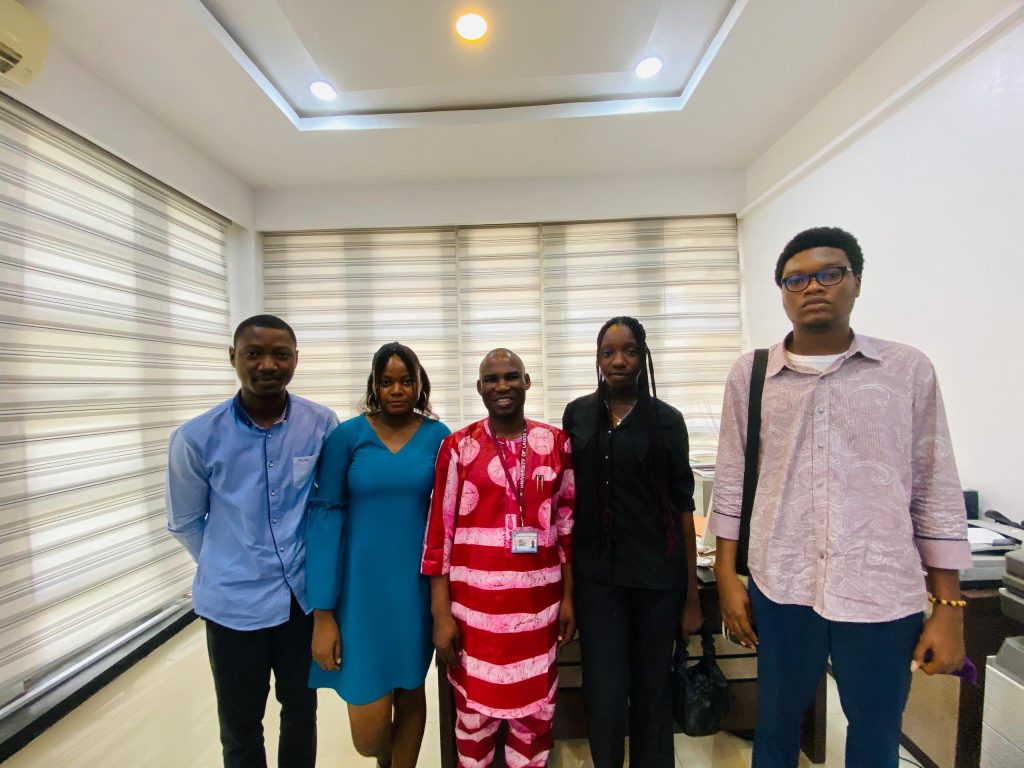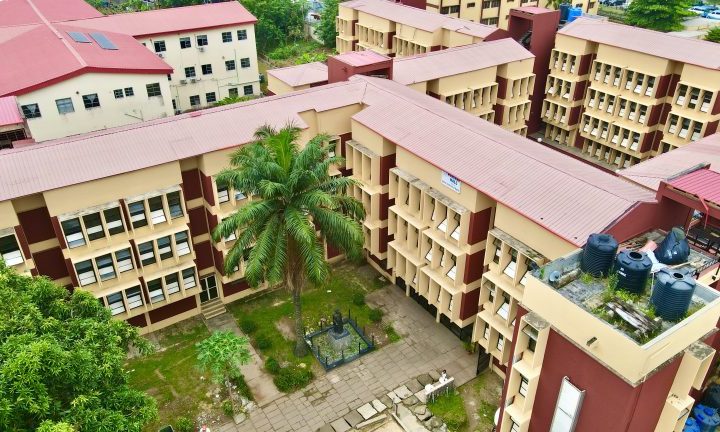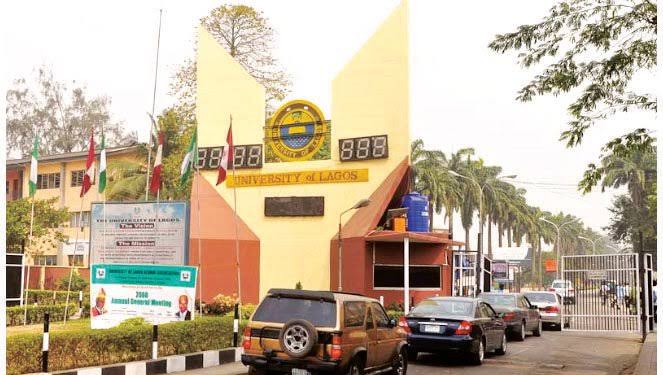
By Peace Chenube, Daniel Nnanami, Famose Blessing, Abimbola Adelakun

The director of the Quality Assurance and SERVICOM unit (QAS) at the University of Lagos (UNILAG), Professor Olufemi Saibu, has encouraged students to demand quality in the services rendered by the university, as it is their right. He said this in an interview with Unilag Sun in December.
Professor Saibu explained that students have a right to receive quality service from the university in all aspects, especially from its teaching staff, and that students should not hesitate to reach out to the appropriate authorities when there is an infringement or a problem.
Explaining further, Professor Saibu mentioned that there are Quality Assurance and SERVICOM officers in every department in the university, and students should endeavour to lodge complaints with them. He said that students would get the names and contacts of these officers soon. He then urged students to visit his office at the QAS unit at any point in time when they encounter difficulties.
Speaking on ways the Quality Assurance unit has striven to ensure that lecturers deliver quality services, Professor Saibu mentioned the mandatory Lecturers Assessment form, which students fill out before printing out examination dockets.
Although the unit examines a cross-section of the responses every time students fill out the form at the end of each semester, the professor noted that the responses received from students were contrived. He further explained that although receiving proper feedback from students is necessary to assure a quality learning experience, students see the assessment form as an inconvenience to get rid of and, as a result, fail to take their time to give proper responses.
As a countermeasure, Professor Saibu mentioned that the unit will introduce a new system of receiving feedback from students and lecturers. According to him, this new system involves placing Quick Response (QR) codes at every point a service is received by students from the university, especially in lecture halls, and for students to scan the QR codes and then fill out a Google Form. For the lecturers, he explained that the unit will send them a Google Form to fill out immediately after their lectures.
He added that this new system would also ensure that the responses received are anonymous but will require some details like the course title and the department the response is from. He also stated that the form will no longer be regarded as a ‘Lecturers Assessment’ but as a ‘Learning Assessment’.
Meanwhile, Professor Saibu mentioned that five hotlines and an email address have been made available to students by the Quality Assurance and SERVICOM unit. He said further that these hotlines are available to ease students’ access to the unit’s services. The professor also stated that the QAS unit is working to make hotlines available to students for every service provided by the university.
As a conducive learning environment is one characteristic of quality service, Professor Saibu addressed the issue of overcrowded lecture halls. He explained that the university has lecture halls that can accommodate a significant number of students but noted that these halls are being used for other purposes instead. In his own words, “We have Julius Berger hall, we have Erastus and Afe Babalola halls, those places were built actually for lectures, not for events. Yes, for lectures, the ones for events are ‘multi-purpose’, you can see the name ‘multi-purpose’ ”. He added that these halls are not being used for their original purposes due to issues with maintenance.
Proffering a solution to this, he suggested that students could write letters to the university management whenever they need to use any of those halls, but noted that in this case, the students making use of the halls would bear the responsibility for maintaining such halls.
He also said that the university is looking to unify all the lecture halls in various faculties so that students from a faculty can take lectures in a lecture hall with ample capacity in another faculty.





More Stories
Students to Ballot for Mariere Next Week, Fee Remains 43,000
UMCAA organises free 3-day workshop
D’Aglye to Hold Symposium for UNILAG Female Students